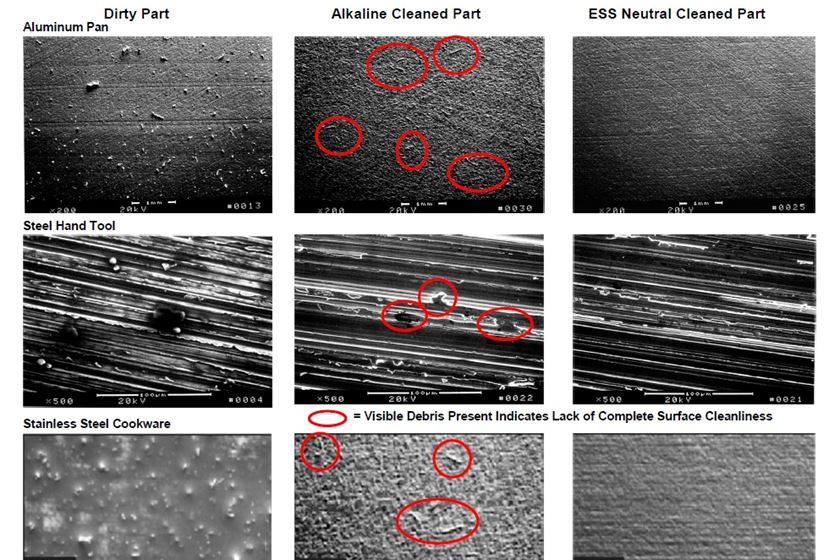Perspectives: Staying Vigilant
As a fledgling editor at Products Finishing, my first major assignment was to cover the tragedy at Bastian Plating Company in Auburn, IN.
As a fledgling editor at Products Finishing, my first major assignment was to cover the tragedy at Bastian Plating Company in Auburn, IN. Hydrogen cyanide killed five men at the company on June 28, 1988. Four of the men were declared dead on the scene, and a fifth man died two days later in an area hospital. Several emergency workers were also injured.
The company was converting a cyanide zinc plating solution to a non-cyanide zinc solution. The tank had been pumped out and cleaned with high-pressure water spray. Jeffrey Link entered the tank that morning to chemically clean out the rest of the tank. He meant to add sodium hypochlorite to destroy the cyanide, however, he added hydrochloric acid. This formed hydrogen cyanide gas. Mr. Link was overcome by the fumes, as were the other workers who tried to rescue him. Apparently the chemicals were stored in blue and black containers to differentiate them, but the colors were not always distinguishable.
Featured Content
Once again there has been an accident involving plating chemicals. At Hohman Plating in Dayton, OH, a recently employed, yet thoroughly trained, worker apparently mixed hydrochloric acid with a nickel stripper. No one died from the accident in October of 2001; however, 19 workers were sent to an area hospital, and the initial worker who concocted the mixture was in the hospital for approximately a week.
I spoke with an employee of Hohman, who told me that Hohman was not fined by OSHA because the worker had been properly trained, all containers were properly labeled, everything was as it should have been. So what happened? Even the worker cannot explain his actions, although he will not return to work.
What is the moral of the story? You can never have enough training? I think it is more that you can never be careful enough around chemicals; no matter how familiar you become with them. No matter how often you use them, mix them, handle them, you must always respect them, because one wrong mixture, one slight miscalculation could be harmful or even fatal. This includes working with them around the tanks as well. I have seen the body of a man who fell into an acid cleaning tank because he thought he could simply walk across some boards lying over the tank. I know he wishes he had taken the time to walk around the line.


















